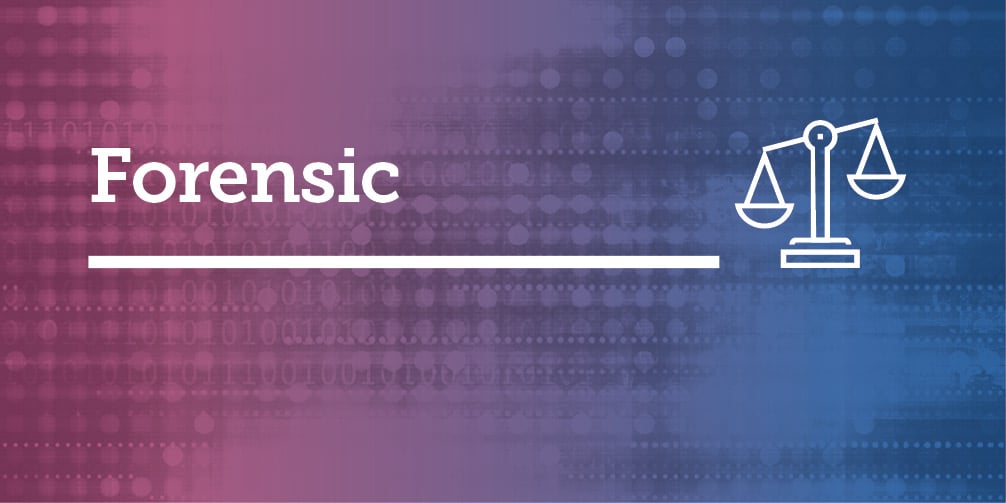Mental Disorders in Prisons
Mental health issues are significantly more prevalent in the prison population than in the general public. It's estimated that about 37% of individuals in U.S. state and federal prisons have a diagnosed mental illness, compared to 22.8% of the broader population. The most common mental illnesses found in prison settings include depression, anxiety disorders, bipolar disorder, and schizophrenia. These conditions often exacerbate the challenges faced by those who are incarcerated, affecting their behavior, their ability to reintegrate into society, and their overall quality of life.
- Behavioral Challenges: Unpredictable and sometimes volatile behavior secondary to mental health symptoms may result in disciplinary actions within the prison system. This can lead to solitary confinement or other punitive measures, which can exacerbate mental health issues.
- Reintegration Difficulties: Illnesses can impair social skills and decrease motivation, making it challenging for inmates to engage in rehabilitation programs or maintain relationships with family and friends outside prison. This isolation can hinder successful reintegration into society upon release.
- Vulnerability to Victimization: Inmates with mental health issues may be more vulnerable to victimization by other inmates due to perceived weakness or inability to conform to the social norms of the prison environment.
- Suicide Risk: Symptoms can increase the risk of suicide, particularly in the high-stress environment of prison where coping resources are limited.
- Barriers to Treatment: Inmates with mental illnesses might not receive the necessary medications or therapy, leading to a worsening of their conditions.
- Physical Health Decline: Mental health disorders can also affect physical health. Inmates may struggle with self-care, leading to poor hygiene, lack of exercise, and noncompliance with medical regimens, all of which can deteriorate their physical condition.
Understanding the Link Between Mental Health and Criminal Behavior
Contrary to the simplistic view that mental health symptoms directly cause criminal behavior, research indicates that the relationship is much more nuanced. While certain psychiatric symptoms, such as psychosis or severe impulsivity associated with bipolar disorder, can influence criminal actions, most criminal behaviors are not directly motivated by these symptoms.
Broadening the Definition
The interpretation of mental health symptoms' impact on criminal behavior can vary significantly based on the definitions used. Narrow definitions that focus only on acute symptoms like hallucinations and delusions show less correlation with criminal actions. In contrast, broader definitions that include behavioral traits such as anger or impulsivity reveal how intertwined these symptoms can be with factors traditionally associated with criminal behavior.
Consistency and Crime
The consistency of the relationship between mental health symptoms and criminal acts varies widely among individuals with mental health issues. Only a small fraction of offenders consistently engage in criminal activities as a direct result of their psychiatric symptoms, suggesting that interventions need to address a broader spectrum of factors.
Effective Interventions for Offenders with Mental Health Issues
Beyond Symptom Management
To effectively reduce recidivism among offenders with mental disorders, it is crucial to look beyond mere symptom management. While addressing mental health through proper treatment is necessary, comprehensive interventions should also target other risk factors associated with criminal behavior, such as antisocial traits and environmental triggers.
Incorporating Structured Assessments
Structured professional judgment (SPJ) tools, like the Historical, Clinical, and Risk Management-20 (HCR-20), help identify critical risk factors contributing to violent behavior. SPJ tools facilitate a holistic approach to assessing offenders' likelihood of reoffending.
Cognitive Behavioral Treatments
Cognitive Behavioral Treatments (CBT) have effectively addressed the cognitive patterns associated with criminal behavior. Applying CBT to offenders with mental health issues can aid in breaking the cycle of crime by altering maladaptive thought patterns and behaviors.
Tailoring Individualized Plans
Recognizing the diversity among offenders with mental health issues is key to successful intervention. Individualized treatment plans, developed with input from multidisciplinary teams, can ensure that both the mental health needs and the criminogenic needs of the offenders are adequately addressed.
Conclusion
Additional Resources
Blog Post
- Unlocking Wellness Behind the Bars: Illuminating the Struggles and Triumphs of Mental Health in Prisons
- Trauma-Focused Therapy Techniques
- Destigmatizing Mental Health in Prisons
- Prison and Mental Health Reform
Research
- Burnout and Empathy in high-stress mental health settings
- Unlocking Meaning: Metacognition as Key to Incarcerated Persons' Mental Health Recovery
Training
- LIVE: Assessment and Treatment of Clinical Care Needs
- Careers in Correctional Mental Health
- Correctional Mental Health
- LIVE: Gender and Corrections
Podcast
























